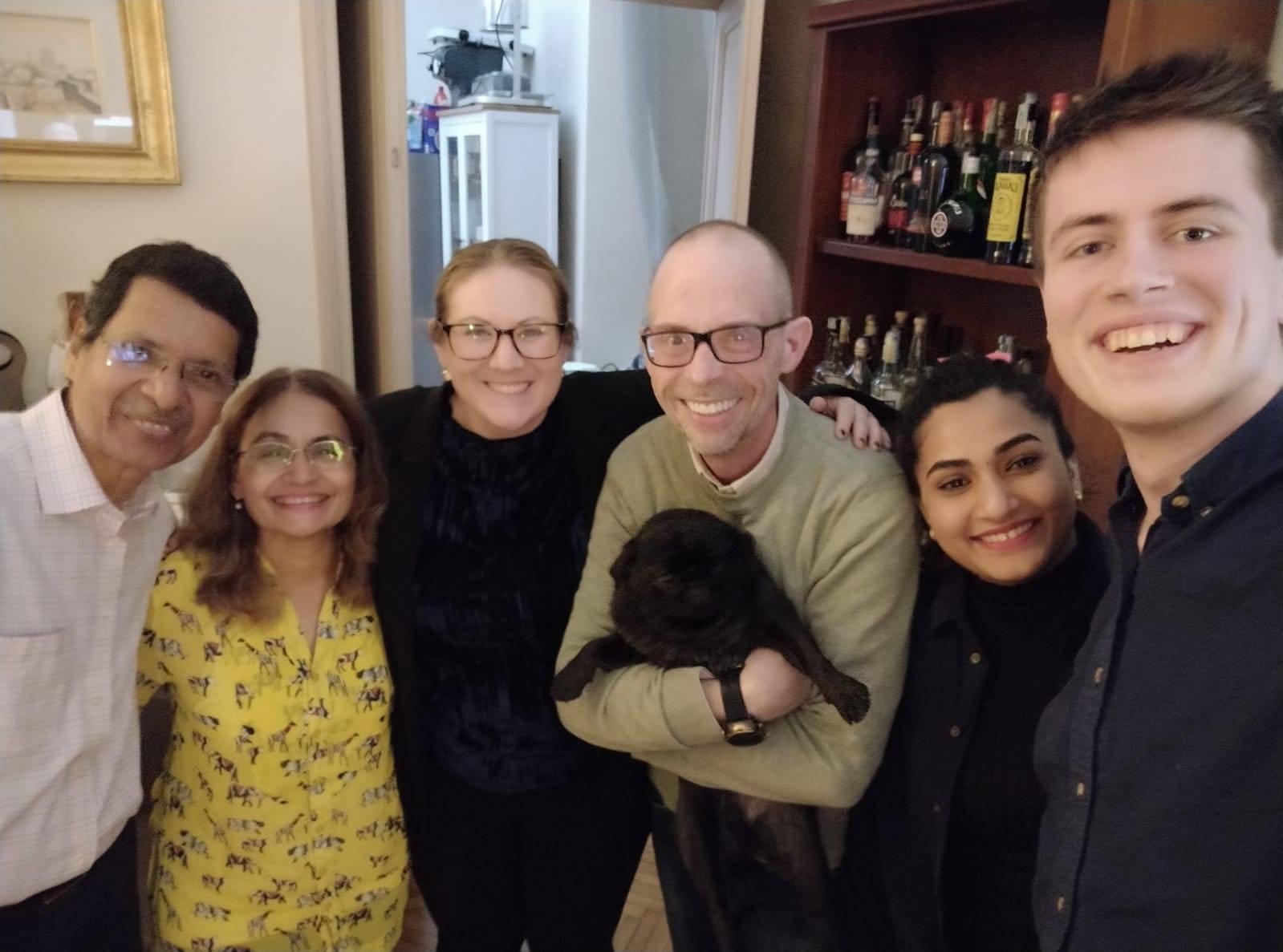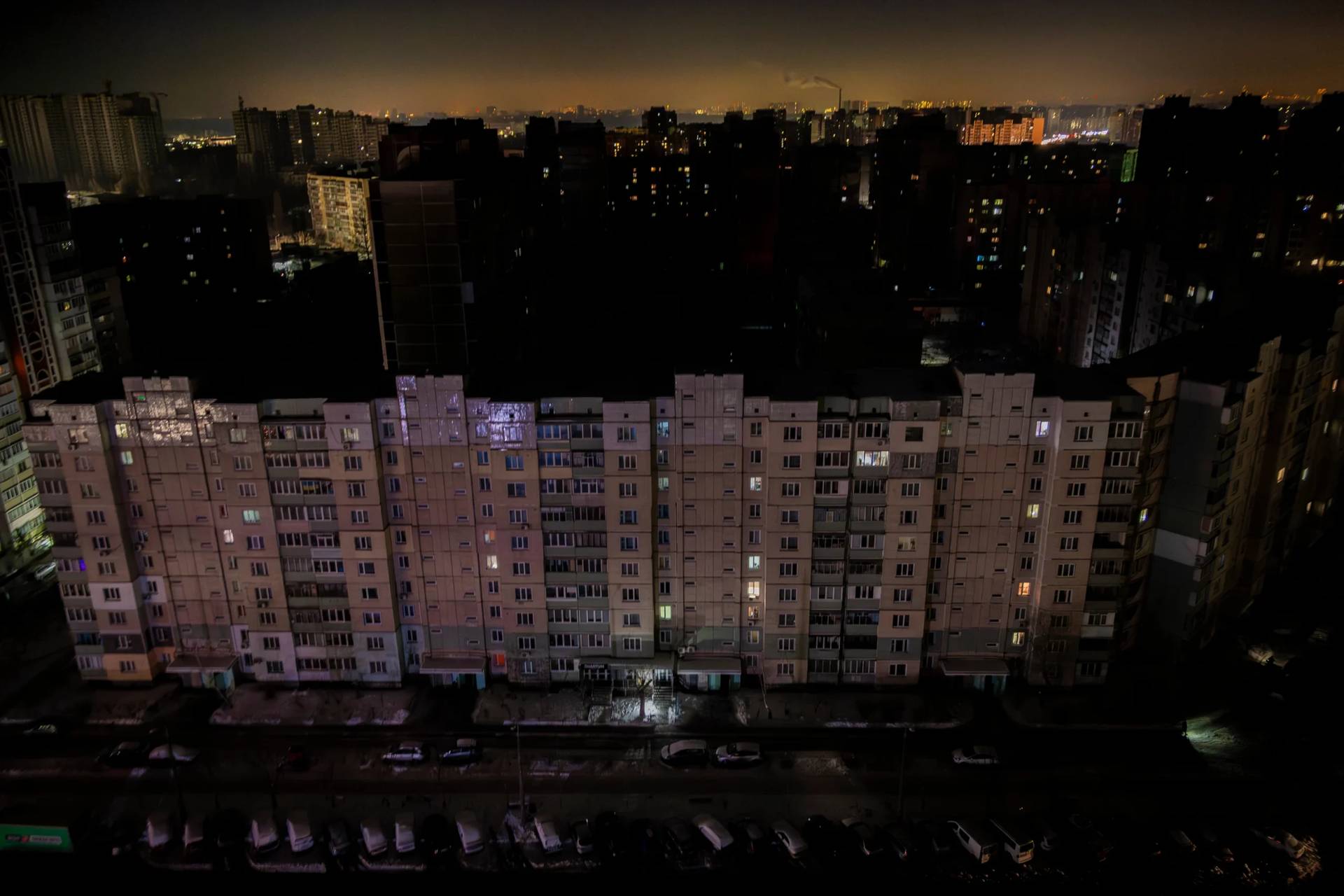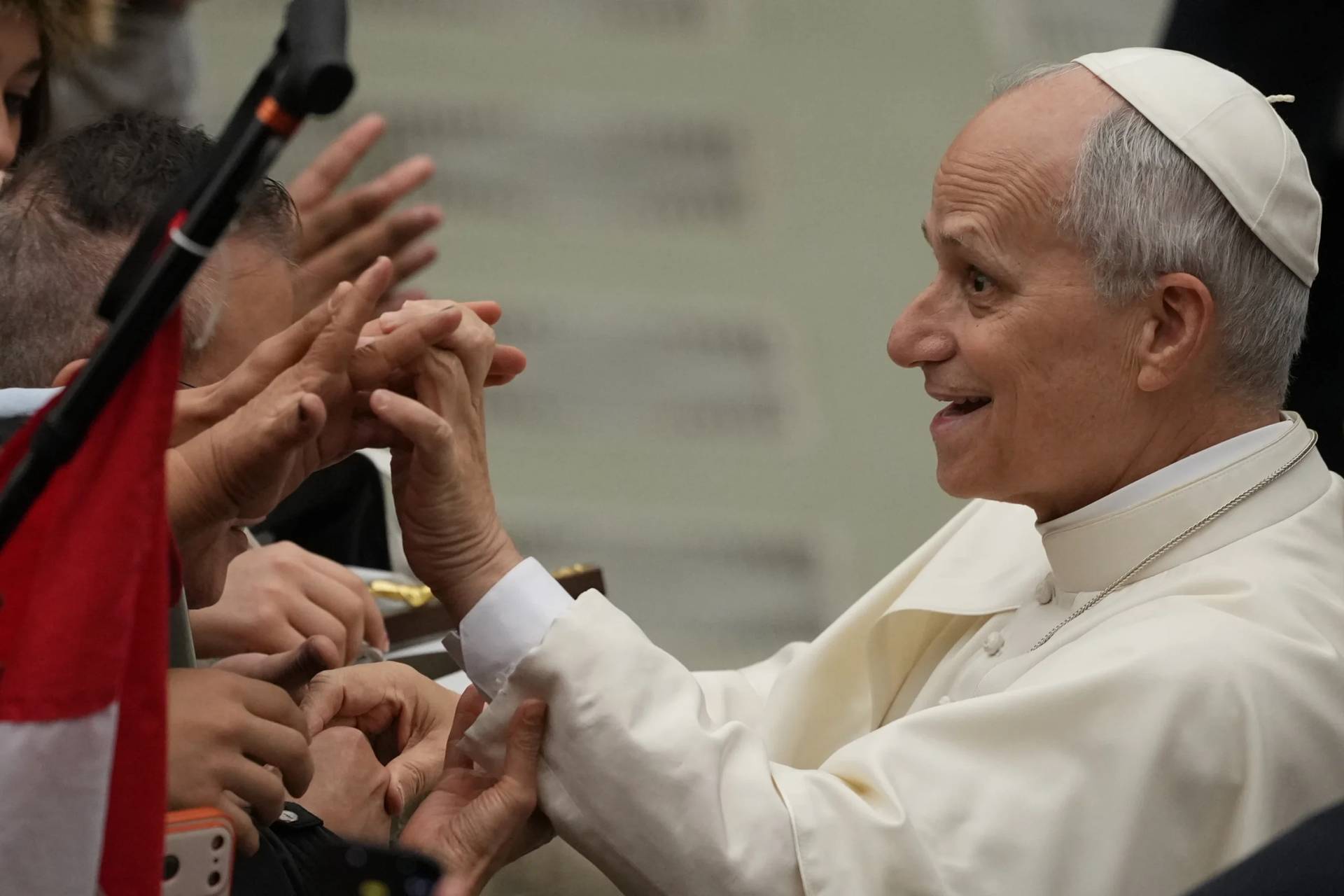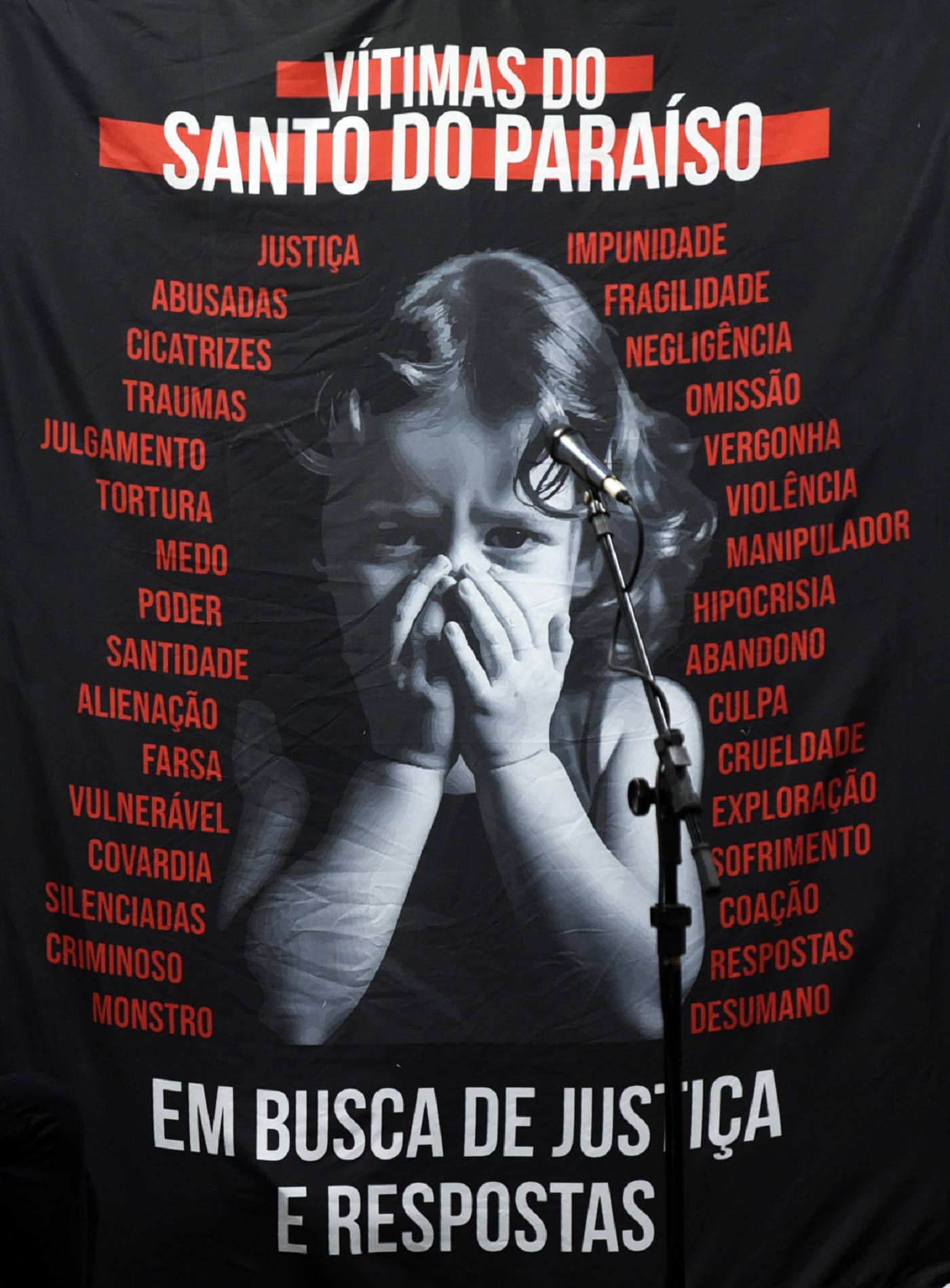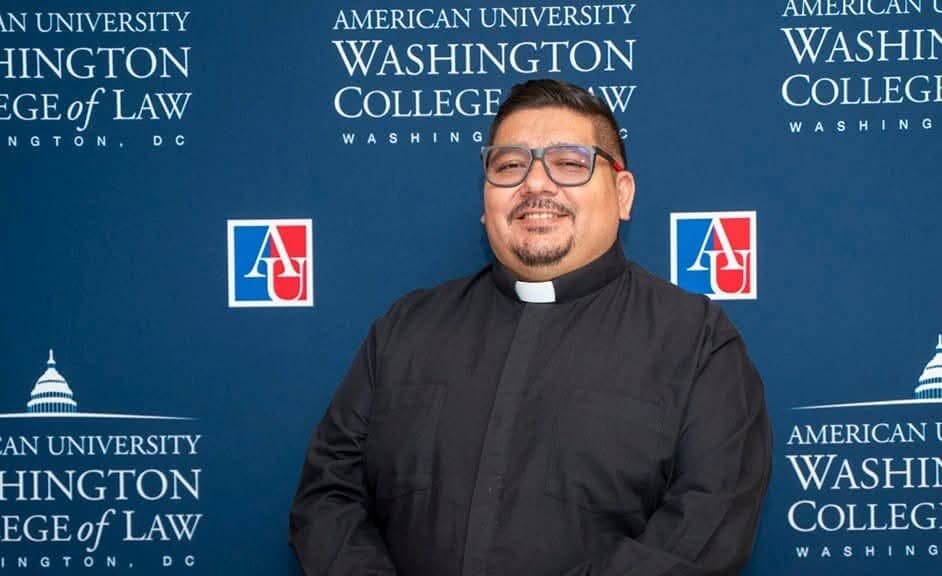SÃO PAULO – In Roraima, the Brazilian state with the second lowest rate of vaccination against COVID-19 in the country, the Church has been actively trying to raise awareness among thousands of Venezuelan immigrants who have failed to get vaccinated.
Almost 65 percent of the Brazilians have already received two doses of a COVID-19 vaccine. In Roraima, however, that number falls to 39.65 percent.
About 650,000 people live in the state, which is located in the Amazon region in the northern part of the country. Nobody knows for sure how many Venezuelans live in Roraima, but they have been estimated to number 50,000. Most of them arrived within the past four years, as they fled Venezuela’s social and economic turmoil.
“Bolsonarism is very strong in Roraima. So, denialism is also strong here,” Ronaldo da Silva Santos, Vice Coordinator of the Diocese of Roraima’s Migrants’ Pastoral Ministry, told Crux.
Brazil’s President Jair Bolsonaro has downplayed the pandemic’s risks since the beginning, criticizing the use of face masks, the imposition of social distancing measures, and even the vaccines.
Among Venezuelan immigrants, there are other causes for the resistance to vaccination, Santos explained, including the circulation of stories questioning the vaccine’s safety.
“When they come to our services, I always ask them if they have taken the vaccine. Many say they have not and declare they heard bad things about the vaccine and now fear it,” Santos said.
Another reason is the undocumented status of many in the Venezuelan community. During most of the pandemic, the border between Brazil and Venezuela was kept closed, but people never ceased coming across, often using irregular paths in the woods, known in Spanish as trochas.
“At times, Venezuelans cross the border without any personal identification. They may live and work in rural areas for several months without obtaining a Brazilian individual taxpayer registry identification [CPF],” Santos said.
Without a CPF, migrants can be denied the vaccine, particularly in smaller cities and in the countryside.
“Many undocumented Venezuelans don’t even go to a health clinic in order to try to get a dose. They just conclude that they will not be allowed to get the vaccine and don’t bother to go,” Ronildo Rodrigues, the executive director of the diocese’s Caritas office, told Crux.
The local church has been promoting vaccination since it realized that Roraima State was lagging behind.
“We decided to directly intervene in the situation. We began to talk to every migrant aided by any of our services. We also organized talks about vaccination,” Rodrigues said.
The local Caritas launched a campaign in October with the goal of giving reliable information on the disease and immunization to Venezuelans. A car with a loudspeaker would travel through the state playing ten messages recorded by Caritas in Portuguese and in Spanish as it passed by migrants’ settlements in the cities of Boa Vista and Pacaraima.
The results of these projects could not be properly measured, but all Church workers who deal with immigrants saw concrete changes.
“We observed that many of the people who came to us in Caritas ceased to fear the vaccine and took it,” Rodrigues said.
But resistance to vaccination continues to be a problem among many Venezuelans, Santos said. According to Rodrigues, many local radio stations are politically aligned to Bolsonaro and amplify false information on the vaccine.
Church services have been trying to assist immigrants and refugees by filling out the forms to request their Brazilian documents from the government.
Venezuelans aided by Caritas, the Migrants’ Pastoral Ministry, and other Church services have been asked to get the vaccine before being helped.
“If the person refuses, of course that we provide our service the same way. But before doing it we have a serious talk to him or her,” Santos said.
The Migrants’ Pastoral has been informing the immigrants on where they should go in order to be vaccinated. It also created a social media campaign, asking people to post a picture of them getting the vaccine and saying a phrase about the importance of getting vaccinated.
“In parishes, information on the vaccination rollout is being provided during celebrations and educational activities. The diocesan radio station is also broadcasting those contents,” Rodrigues said.
He added that despite the extreme vulnerability of many Venezuelans, there haven’t been many cases of COVID-19 among them.
“Thank God! If the number of cases was up, xenophobia would grow even more in Roraima. Some would already be saying that the pandemic was the Venezuelans’ fault,” Rodrigues claimed, mentioning the increasing number of acts of aggression and other incidents involving Brazilians and Venezuelan immigrants.






